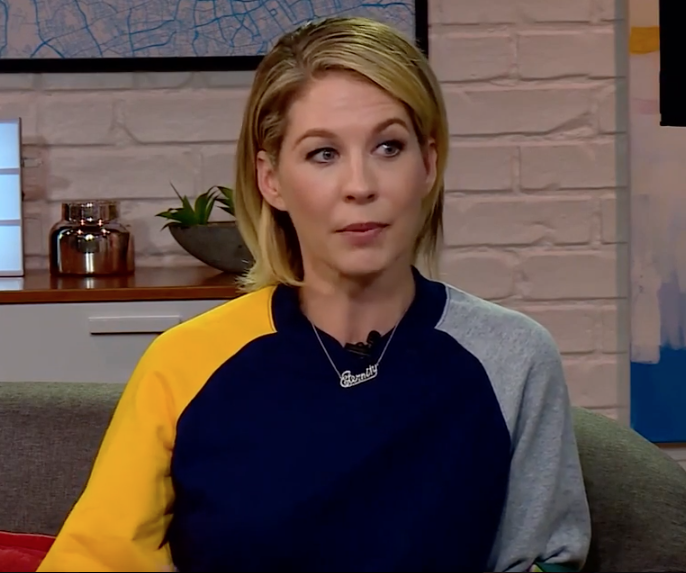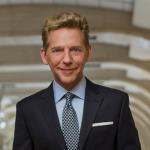The LA Times published a very interesting article today, cutting through the recent media hype in the wake of the Tom Cruise/Katie Holmes divorce with this:
There are plenty of people who believe Scientology has helped them achieve great personal fulfillment and happiness — and no shortage of celebrities who say Scientology gave them the emotional foundation they needed to withstand the rigors of Hollywood.
We asked Laurie Hamilton, a second-generation Scientologist and ordained Scientology minister who does consulting work, to talk about her experiences with Scientology and to offer readers a primer on it from her point of view.
What is the reaction within the Scientology community to the Cruise/Holmes breakup?
That’s a little like asking what the reaction is in the Catholic community. Catholics as individuals may have opinions, and may know that Katie is Catholic, but I doubt that as a “community” they have an opinion. Scientologists are nothing if not individualistic.
My own personal reaction to the break up was threefold. As a fan: “Bummer — they looked really happy together.” As someone over halfway through the 37th year of my first and only marriage: “Wonder why they couldn’t make it work?” As a Scientologist: “Oh, great. Here comes all the BS, prejudice and ill-informed commentary again.”
Does Scientology consider itself a religion?
Yes. We believe in a god and in a supernatural origin of the cosmos — and that by doing Scientology, we can regain our direct awareness of the ultimate truths of things for ourselves.
What is Scientology? (Admittedly, this is tough to answer in brief. But we’re trying to give readers a primer on its basics.)
Scientology is a religion. It is a philosophy. It is a way of life. It is a hella-big toolbox full of ways to deal with life, success, failure, and life’s vicissitudes. It approaches life and living from the idea that there are root causes and mechanisms for all natural, spiritual and human events, issues and states of affairs. Scientologists as a whole tend to agree that L. Ron Hubbard (whom we refer to almost exclusively simply as “Ron,”) had a unique insight and a particular knack for figuring out these root causes and using them to develop a useful methodology for dealing with life, preparing for the hereafter, and achieving mental and spiritual clarity, strength and equilibrium.
What Scientologists are trying to do by way of their study and use of the subject, and by being counseled according to its methods, is to become more themselves, jettison mental and spiritual junk that they have accumulated over time, and to become happier and more effective in their lives so that they can retain mental and spiritual clarity and grow as individuals — not backslide and fall back into traps and misery that they knew before, and which is all-too-commonly the human lot.
We take the view that we are not bodies or minds, but that we are spiritual beings who have bodies and minds, and that the hierarchy is: Spirit is greater than mind is greater than body. This is a natural outgrowth of the idea that the physical universe is here only because we (spiritual beings in general, including you) are here, rather than the other way around. Theoretically, you and I are the ultimate cause of everything, though we have fooled ourselves over time into believing that we are not, that it is all being done to us, that the universe is the ultimate reality and we are just muddling through.
Can you talk about the role of Hubbard’s teachings to today’s Scientologists?
Part of being a Scientologist is the agreement held in common with other Scientologists that Ron had it right, that as to Scientology we will do it the way he said and not some other way, and that we won’t try to develop or change Scientology to be different or “better,” but we will adhere to Ron’s teachings on the subject.
Scientology is the body of thought as contained in Ron’s dozens of books, hundreds of lectures and tens of thousands of individual bulletins and letters respecting technical theories and procedures and organizational policies. Scientologists are people who take these writings as authoritative, and whose life experience is that they have found a way to a better life through Scientology.
You take issue with the portrayal of Scientologists as blind followers or believers.
A prime principle in Scientology is Ron’s statement on personal integrity, “What is true for you is what you have observed yourself. And when you lose that, you have lost everything.” — L. Ron Hubbard. That prime principle is one reason why you find Scientologists to be perfectly happy to disagree with each other about nearly anything. It reminds me of the Jewish tradition of healthy debate.
The Church of Scientology is the way we keep everything organized and preserve the fidelity and the practice of Ron’s writings so that we can spread the word, and not fall victim to gradual changes, and therefore losses in effectiveness, in using the techniques he developed.








